Latest News
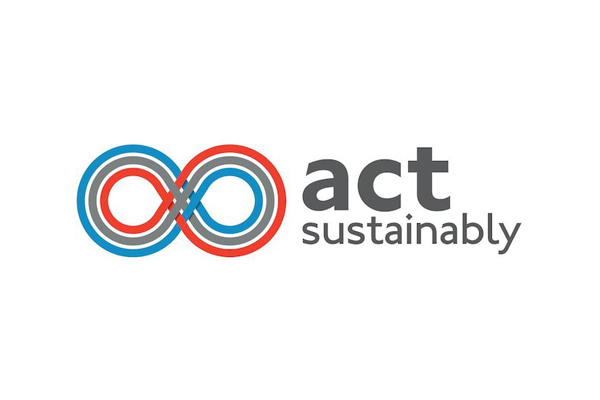
CINCINNATI, OH, USA (December 15, 2024) - Emery Oleochemicals is pleased to announce the release of our 2024 Sustainability Report. Continuing our commitment to shaping a more sustainable future, we pursue innovative and responsible ways to minimize our environmental footprint, foster an inclusive and safe workplace for our employees, ensure our suppliers uphold sustainable practices, and invest in the well-being of the communities where we operate.


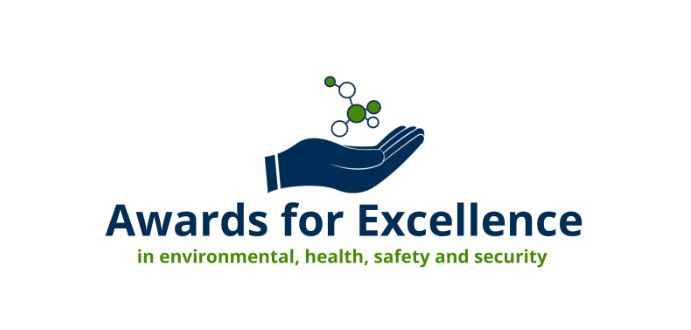
CINCINNATI, OH, USA (June 4, 2025) – Emery Oleochemicals, a global leader in natural-based specialty chemicals, proudly announces its achievement of ISO 50001: Energy Management Systems certification, strengthening the company’s commitment to sustainability. This accomplishment was recently recognized by the Ohio Chemistry Technology Council (OCTC), which honored Emery’s Cincinnati plant with an Award for Excellence in Environmental Performance at its 36th Annual Conference in May 2025.

CINCINNATI, OH, USA (May 8, 2025) - Emery Oleochemicals is pleased to announce its upcoming technical presentation and exhibition at the STLE 2025 Annual Meeting taking place May 18-22 in Atlanta, GA, USA. As a global leader in sustainable ester-based solutions, Emery will deliver a featured technical presentation and showcase its comprehensive portfolio of ester base stocks and additives at Booth #707–709.
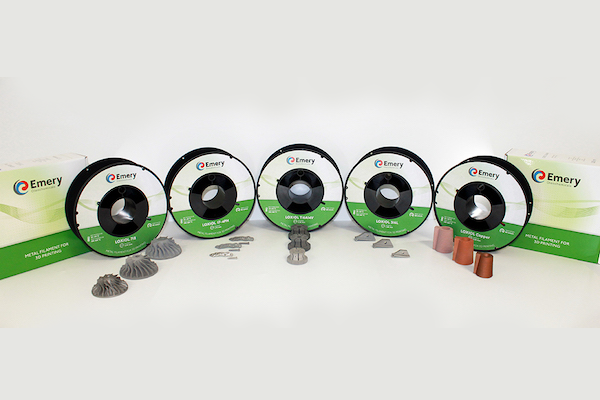
Duesseldorf, Germany (November 12, 2024) - We’re excited to announce that Emery Oleochemicals’ Green Polymer Additives (GPA) business unit will bring cutting-edge innovation to Formnext 2024 in Frankfurt, Germany, from November 19-22. Known for setting new standards in additive manufacturing, Formnext is the ideal stage for us to present our complete suite of metal filament and binder solutions, alongside advanced 3D printing technology from FUSELAB, who will join us at our booth.

Cincinnati, OH, USA (October 17, 2024) – Emery Oleochemicals, a leading global producer of oleochemicals and specialty chemicals, proudly announces the addition of four pelargonic acid products to its certified 100% biobased portfolio, as certified by the USDA BioPreferred® Program. This expansion underscores the company’s commitment to sustainability and the development of environmentally friendly solutions.
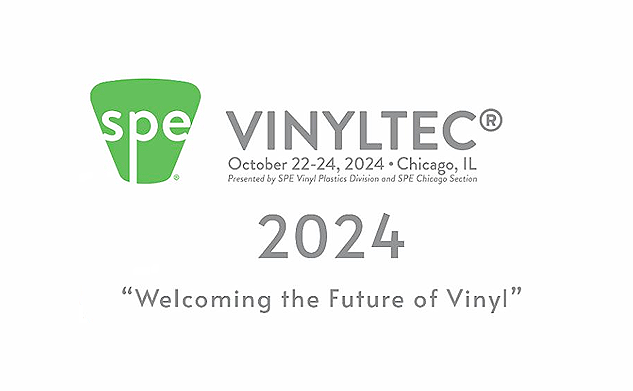
Cincinnati, OH, USA (October 15, 2024) – Emery Oleochemicals, a leading global producer of natural-based specialty chemicals, is set to showcase its innovative line of performance polymer additives at Vinyltec 2024. This annual, leading technical conference for polyvinyl chloride will take place October 22-24 in Chicago, IL, where Emery invites you to meet with them in the Exhibition Hall at the Marriott Chicago O’Hare.
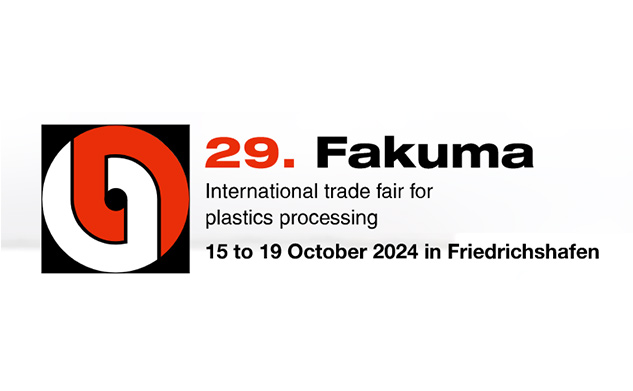
Duesseldorf, Germany (October 8, 2024) – Emery Oleochemicals is pleased to announce its partner IMCD, a leading global distributor of specialty chemicals and ingredients, will be participating in Fakuma 2024. Taking place from October 15 to 19 in Friedrichshafen, Germany, the event is renowned for showcasing cutting-edge advancements in the plastics industry. It offers a platform for IMCD to present the extensive range of high-performance and sustainable additives from Emery Oleochemicals which includes stabilizers, lubricants, and processing aids.
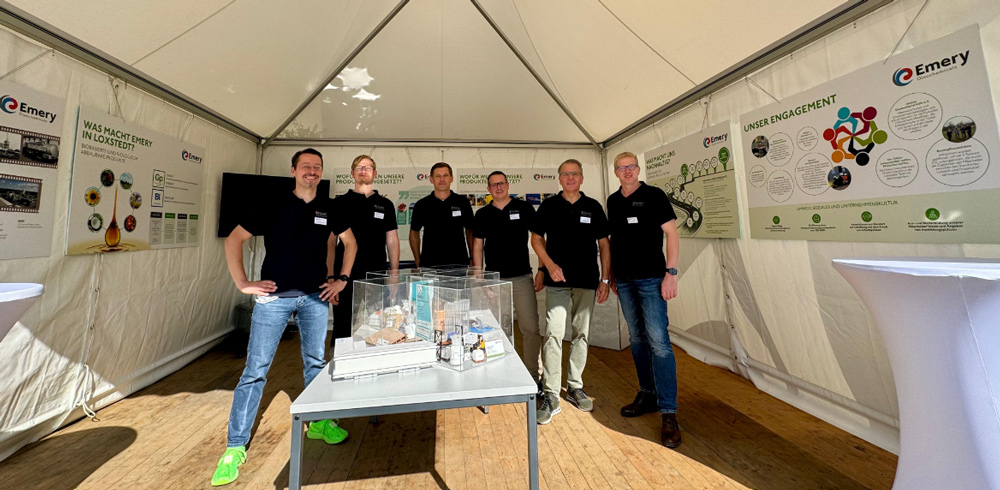
Loxstedt, Germany (September 19, 2024) – On September 1, 2024, the town of Loxstedt, Germany, hosted its inaugural Loxstedter Nachhaltigkeitstag (Loxstedt Sustainability Day), a vibrant event dedicated to promoting sustainability and environmental awareness. This event took place around the Loxstedt Townhall and offered a variety of activities and information sessions for all ages.
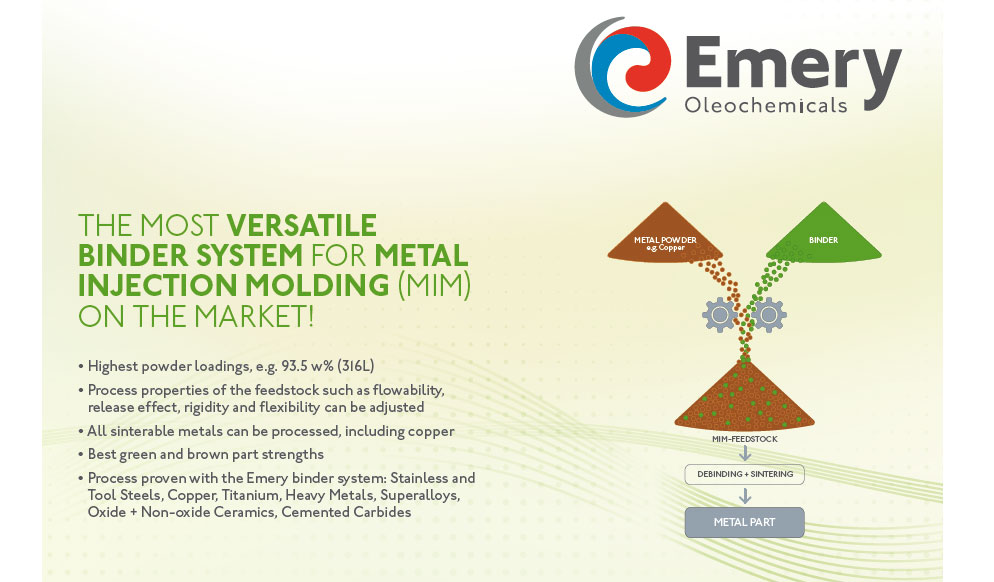
Duesseldorf, Germany (September 17, 2024) – Emery Oleochemicals, a leading provider of advanced materials and solutions, is excited to announce its participation in Euro PM2024, the premier European Powder Metallurgy Congress & Exhibition. The event will take place from September 29 to October 2, 2024, in Malmö, Sweden, drawing a global audience from the powder metallurgy community.

Showcasing High Performance and Sustainable Esters, Base Stocks, and Additives
Duesseldorf, Germany (September 3, 2024) - At Lubricant Expo Europe 2024 being held at Messe Duesseldorf, Germany on September 17-19, Emery Oleochemicals will be exhibiting its portfolio of high-performance and sustainable lubricant esters, base stocks, and additives.

Innovative Ester Base Stocks & Components for Formulation of Finished EV Fluids
CINCINNATI, OH, USA (July 22, 2024) - Emery Oleochemicals is pleased to announce its ester base stocks and components portfolio for the formulation of finished electric vehicle (EV) fluids including thermal fluids as well as transmission and motor oils.
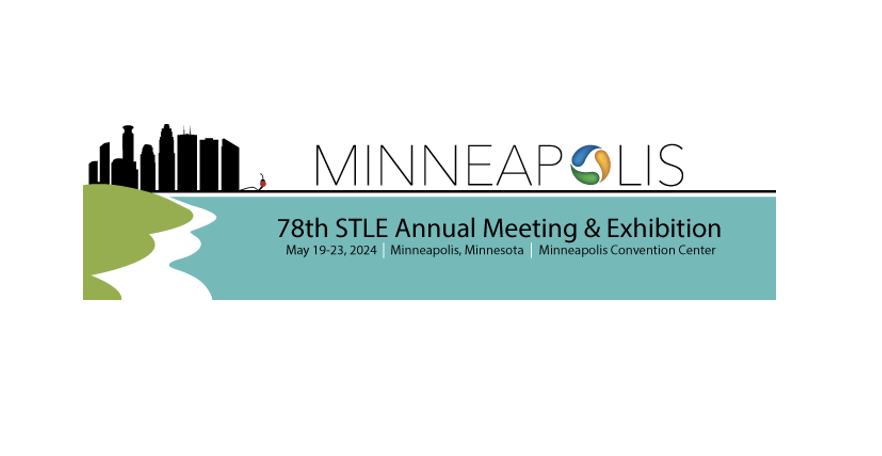
Innovative Electric Vehicle Fluids Research to be Highlighted in Joint Presentation with The Lubrizol Corporation
CINCINNATI, OH, USA (May 06, 2024) - Emery Oleochemicals is pleased to announce its upcoming technical presentation and exhibition at the STLE 2024 Annual Meeting being held in Minneapolis, Minnesota, USA on May 19-23.
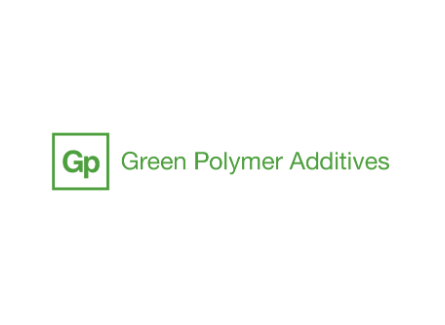
CINCINNATI, OH, USA (April 22,2024) - Emery Oleochemicals, a world-leading natural-based specialty chemicals manufacturer, is pleased to announce its new laboratory which will support expanded product and application development for its global Green Polymer Additives (GPA) business. The lab is strategically located in Rayong, Thailand at the PTT Technology and Innovation Center which will allow Emery to take advantage of synergies with one of its shareholders, PTTGC.
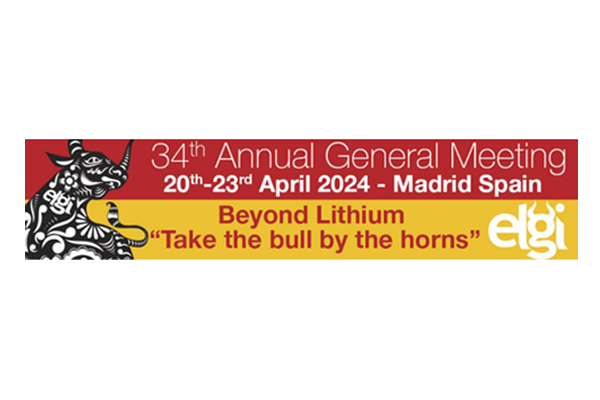
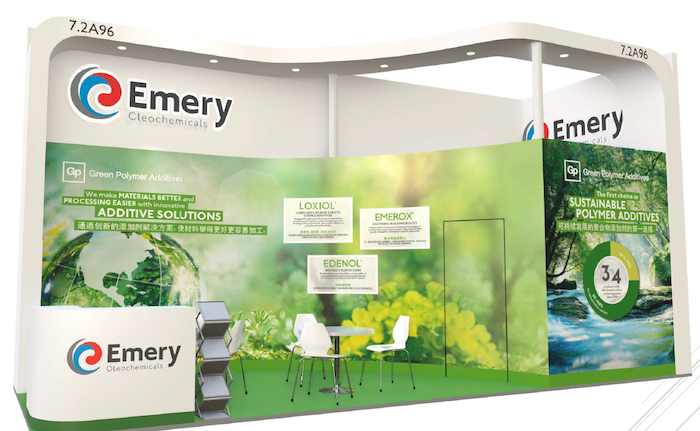
Hong Kong (April 16, 2024) – Emery Oleochemicals, a leading global producer of natural-based specialty chemicals, will showcase its line of performance polymer additives at Chinaplas 2024 in Hall 7.2 at Booth 7.2A96. The 36th International Exhibition on Plastics and Rubber Industries is being held at the National Exhibition and Convention Center (NECC), Hongqiao, Shanghai, PR China from April 23rd - 26th 2024.
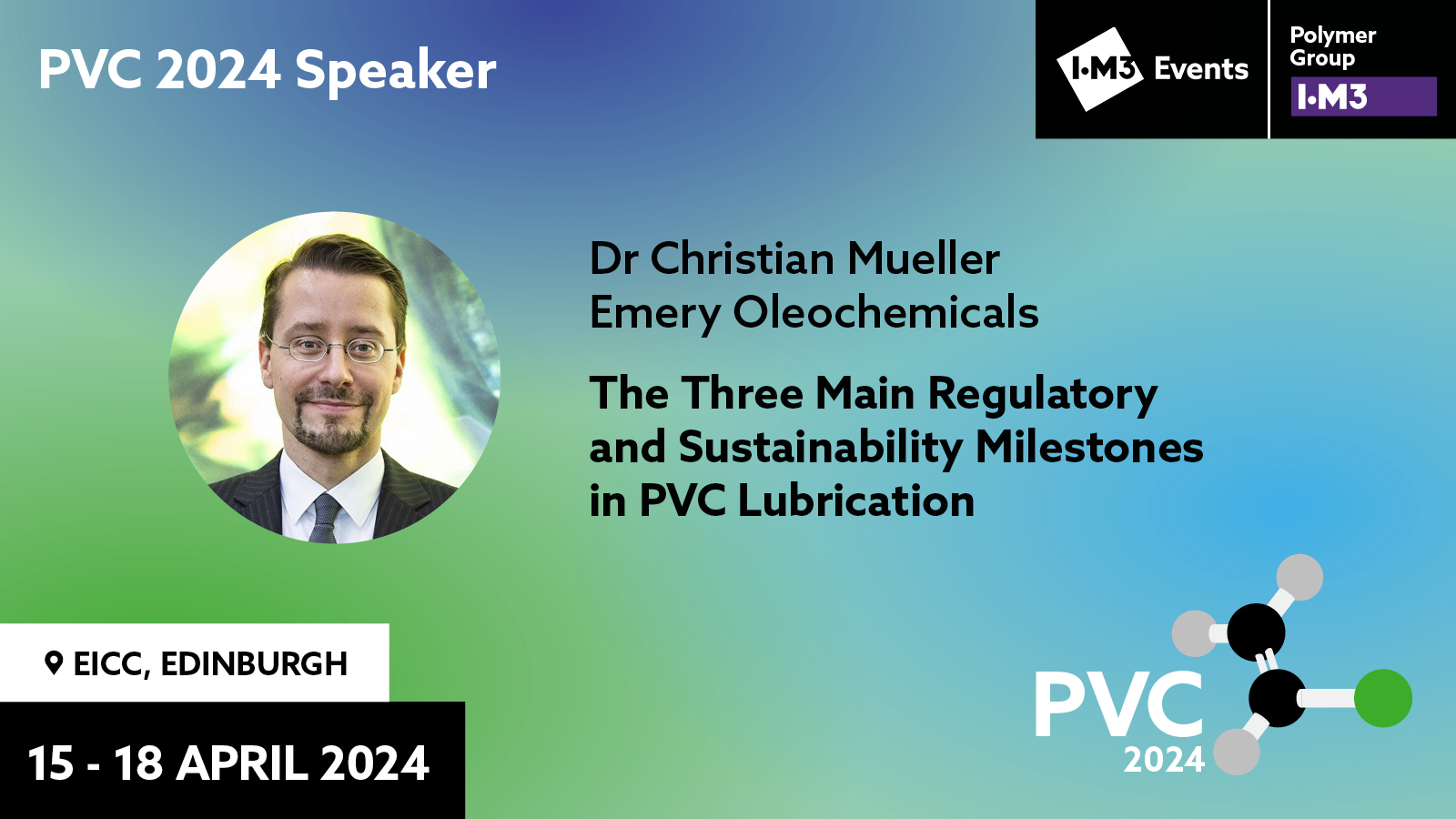
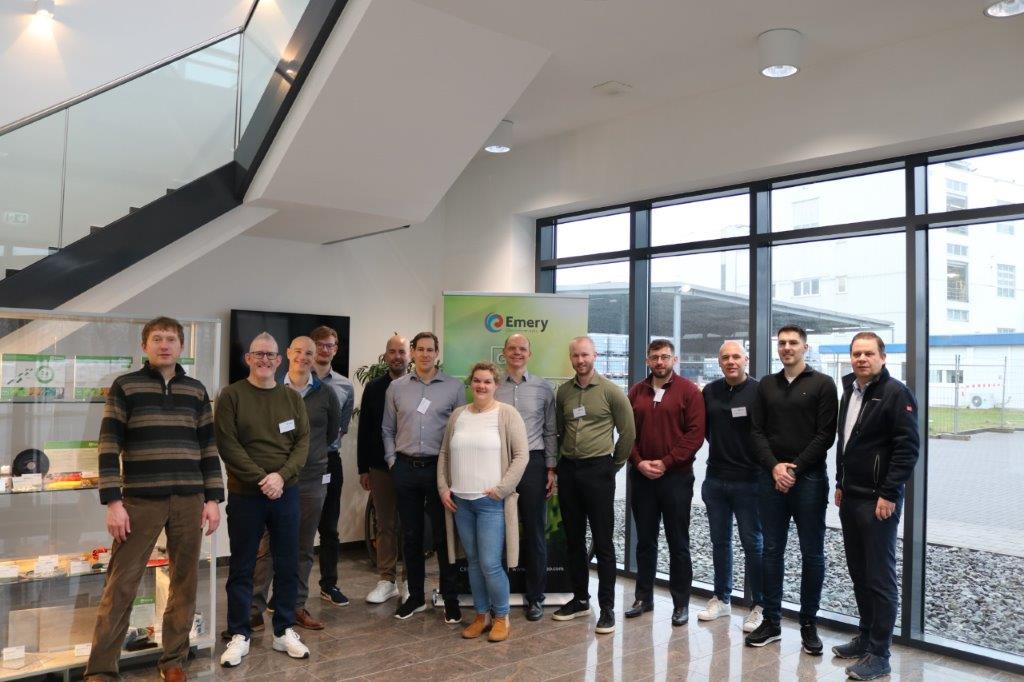
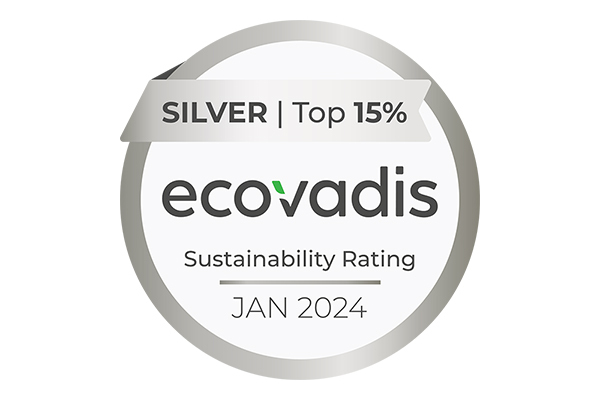
CINCINNATI, OH, USA (February 01, 2024) - As part of our commitment to society, our people, and the environment, Emery Oleochemicals LLC is pleased to announce that we recently completed a comprehensive evaluation of our sustainability practices with EcoVadis, the independent global standard for business sustainability ratings. The EcoVadis assessment includes twenty-one sustainability criteria across four core themes: Environment, Labor & Human Rights, Ethics, and Sustainable Procurement.


